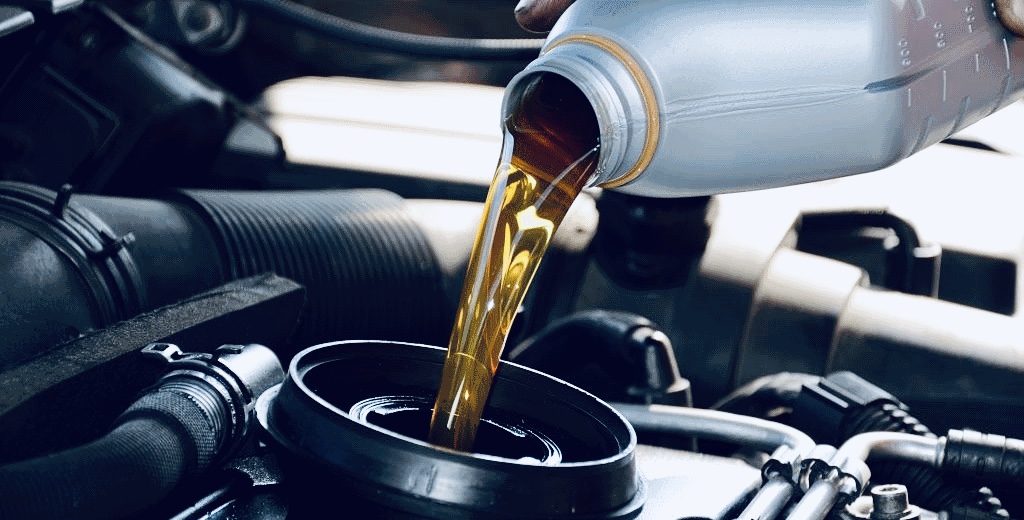Posted on 10/1/2020

TIPS TO HELP EXTEND YOUR CAR’S LIFE The average price to purchase a new car is estimated at $38,000 in the U.S. and with yearly rising prices for ownership that does not even include maintenance, there's a reason most vehicle owners tend to keep the same car for at least 11 years. The modern vehicle is already engineered to last long as long as it is maintained properly. Components of your vehicle can be serviced to prevent major repairs which is the name of the game. At a minimum, you should follow the factory scheduled maintenance. According to Consumer Reports, the average lifespan of today’s cars is about eight years or 150,000 miles. As a professional in vehicle maintenance, we often wonder why manufacturers make claims that transmission fluid is a lifetime fluid and boast this fact, while the factory warranty ends anywhere from 36k to 60k miles? How can you claim the guarantee at a lifetime and only cover you to 60k miles? We ... read more
Posted on 1/21/2020

The Importance of Maintaining Your Vehicle's Transmission Fluid Let's start with the basics to explain what the transmission does. The transmission is responsible for transferring the engine power to the wheels of the vehicle, while it is separate from the engine; the engine and transmission operate together to make your vehicle go forward or backwards. Automatic means the gears shift on their own and manual means the driver must manually select the proper gear at the proper speed for efficient movement. Transmissions are very complicated internally and have a lot of moving parts. In this post we will focus on automatic transmissions. Vehicle owners tend to fear transmission failure because they are very expensive to replace, however when properly maintained they usually have very few problems. The average well maintained transmission should be able to last 150,000 to 250,000 miles but due to different driver habits and commutes this is not always the case. A good example fo ... read more
Posted on 5/10/2017
Every vehicle is so intricately designed and has thousand of little parts that play many different roles that allow the vehicle to perform the way that it does. The transmission plays a huge role in the performance of your vehicle. Simply put, the transmission works to transfer the power from the engine to the wheels so that it can move forward. Of course, it is way more complicated than that, but we can just stick to the basics. There are four types of transmissions: Manual, Automatic, Continuously Variable Transmission, Semi-Automatic and Dual clutch Transmissions. All moving parts require lubrication and that goes for the transmission, as well. The fluid will protect and clean metal surfaces, extend rotational speed and temperature ranges. It also provides the proper viscosity, it prevents foam build up and the oxidation of the fluid, which extends the life of the fluid. Transmission fluid improves the cooling ability and reduces high temperatures and will condition gaskets so ... read more